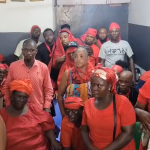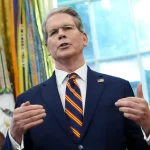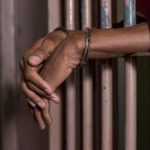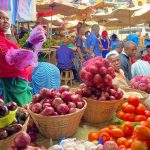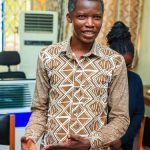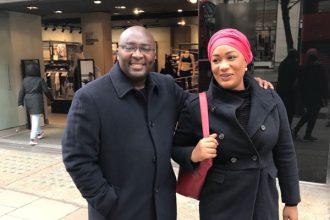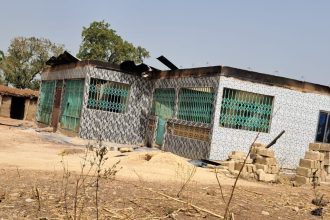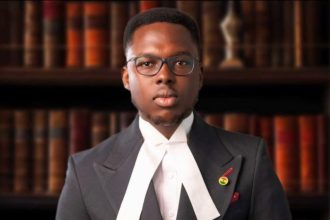ECOWAS has given military coup leaders in Guinea a grace period of six months to restore constitutional rule or face serious consequences.
Under the chairmanship of President Nana Addo Dankwa Akufo-Addo, the bloc passed a resolution at an extraordinary summit in Accra on September 16 to ensure political stability.
After consideration of a report on the situation in Guinea and subsequent deliberations, the bloc upheld an earlier suspension of Guinea from all ECOWAS governing bodies until the restoration of constitutional order.
The coup makers are to ensure the conduct of presidential and legislative elections within six months.
A group calling themselves the National Committee for Reconciliation and Development (CNRD) ousted the legitimately elected president, Alpha Conde, on September 5.
ECOWAS slapped the masterminds and their families with travel bans and a freeze of assets to restore order.
ECOWAS has subsequently called on the African Union, the European Union, the United Nations, and other multilateral and bilateral partners to support the implementation of the sanctions and ensure that no member of the CNRD is allowed to contest in the presidential election.
The bloc has pledged to accompany Guinea in the swift resolution of the crisis and the preparations for the elections.
The CNRD is led by an elite former French legionnaire, Lt Col Mamady Doumbouya.
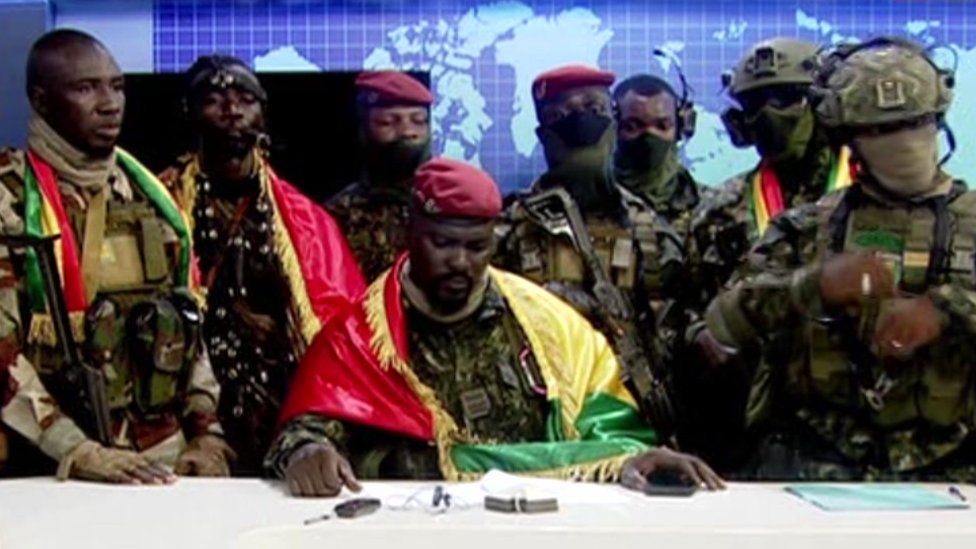
He has been ordered to release 83-year-old President Alpha Conde, who has been captive since the military takeover.
ECOWAS did not mince words to hold the CNRD collectively responsible for the physical safety of President Alpha Conde.
The soldiers said they had dissolved the country’s constitution and that there would be consultations to create a new, more inclusive one.
The junta in the mineral-rich country has begun consultations in Conakry with business leaders to get the support of major mining firms operating in its bauxite, gold, iron ore and diamond sectors.
Eight leaders, including the Presidents of Togo, Cote d’Ivoire, Senegal, Burkina Faso, Liberia, Sierra Leone, Guinea Bissau and Niger, took part in the ECOWAS meeting.
Nigeria was represented by its Vice President. Three other foreign ministers and a prime minister represented their countries.
ECOWAS demanded strict adherence to the transition timetable leading to the effective conduct of elections within the non-negotiable deadline of February 2022.
They also called on the transitional authorities to submit the timetable by the end of October 2021 at the latest to set out the essential steps to be taken for the February 2022 elections.
ECOWAS said targeted sanctions would be imposed on persons or groups of persons whose actions have a negative impact on the transition timetable.
These sanctions would include a travel ban on such persons and their family members and freezing their financial assets.
Regarding security, ECOWAS leaders strongly condemned the decision of the transitional authorities to hire private security companies in Mali and is greatly concerned about its consequences on the deterioration of the security situation in Mali and the region as a whole.



